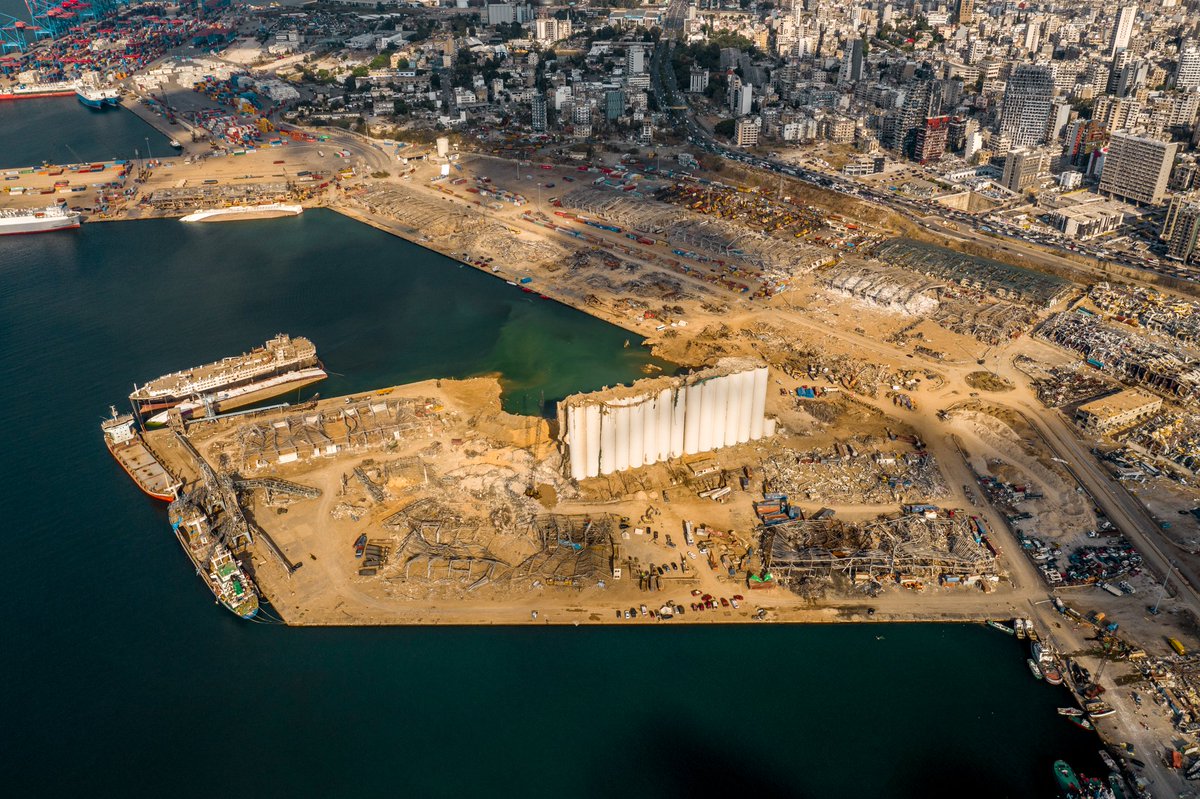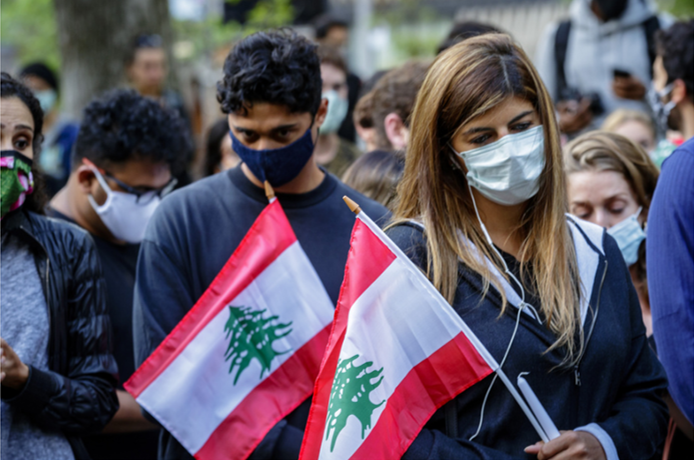The lives of millions of people changed forever on 4 August 2020. Not only did Lebanon face a tragedy of incomprehensible scale; the world witnessed one of the darkest moments in modern-day history. Anita Papas, clinical psychologist and author of the best-selling books “The Positive You!,” “The Positive Us,” “Go For It!” and “Breaking Not Broken,” explores the psychological effect of the Beirut explosion on our collective minds.
 Our Lebanon is hurt, in pain and devastated by trauma. It is a trauma that has struck at the very core of this beautiful country that we call home — the dreamland of the expats, a place that amazes new visitors, and the little piece of heaven that somehow never lives in peace for long enough.
Our Lebanon is hurt, in pain and devastated by trauma. It is a trauma that has struck at the very core of this beautiful country that we call home — the dreamland of the expats, a place that amazes new visitors, and the little piece of heaven that somehow never lives in peace for long enough.
The Lebanese are in shock. The explosion at the port of Beirut took every ounce of what we had left: tolerance, patience, resilience and hope. The aftermath is not a pretty picture.
According to the “Holmes-Rahe Life Stress Inventory,” stress-induced health breakdowns can be predicted when we review the previous six months of a person’s life. Needless to say, every Lebanese has — for the past ten months or more — endured one crisis after the next: the start of the revolution, the economic decline, cuts in salaries, rising unemployment, the freezing of our life savings, rapid inflation, political instability and the threat of war. To top it all, the COVID-19 pandemic and the lockdown that ensued added to our seemingly endless woes. It is no wonder then that this tension and anxiety has resulted in us no longer living but simply trying to survive. Today, if we were to choose a Lebanese person at random, the chance of she/he having a breakdown stands at a whopping 80 percent. In short, we have reached breaking point as a nation.

Photo – Rami Rizk
Most crisis situations and natural disasters, such as wildfires, earthquakes or floods, are extremely stressful in nature. However, when the actual threat passes and victims are brought to safety, they start adapting to a new normalcy. The situation in Lebanon, however, is far from the aforementioned scenario. We are faced with new traumas every day without even having the chance to resolve the previous ones. Even worse, just as we think we have reached rock bottom and that things cannot get any worse, something new and even more horrific shocks us. It is known psychologically that when people are subjected to stressors that they have no control over for a prolonged period of time, they eventually become helpless and hopeless — despair prevails.
This is why I hasten to tell you: “It is OK not to feel OK.” We need time to process what is happening. The ongoing chaos and the magnitude of the latest disaster at the port of Beirut are no everyday matters, which is why it takes much more than everyday remedies to be able to cope with them. Do not shy away from seeking support and professional help when you feel overwhelmed.
As a clinical psychologist, I recognize the need for the person who has been traumatized to vent. I encourage them to tell their stories without interrupting, judging or trying to minimize their suffering, all the while giving validation to their feelings.

Photo – Olivier Jean, La Presse
Victims cannot be rushed into feeling better; the shock they have endured takes time to heal. Do not attempt to speed up the process or try to deny it. Most traumas go through a sequence of: disbelief, anger, sadness, acceptance and finally moving on. Let each stage take its time. Do not hurry your own or anyone else’s recovery. Accept that it is a tragedy and it takes time to come to terms with. Meantime, do take care of your immediate needs. Do not neglect good nourishment and rest. Engage in everyday behaviors that you have control over. Do not expect things to be normal. Accept the negative feelings, live them and process them. Most importantly, do not be so hard on yourself.
Having said this, recent studies also reveal the surprising power of helping others during crises. They have repeatedly shown that those who offer support to others stand to benefit from improved mental and emotional wellbeing. It allows the person to feel that they have made a difference in someone else’s life. It also helps them focus less on themselves and more on the common good while easing their feelings of helplessness. This phenomenon took place before our very eyes following the tragedy that shook Beirut. Volunteers took to the streets to clean and distribute aid to those affected by the explosion. The outpouring of psychological and medical support was no different.
Interestingly, massive support came from an unexpected group — the youth — who quickly mobilized and brought so much hope to the grim image of our broken city. Without realizing it, they made us dare to dream of a better Lebanon amid all the dust and rubble. I wonder if they knew or will ever know the difference that they made for all of us.
The path to recovery may be long, but the warmth and solidarity out there is making the journey more bearable to move forward, slowly but surely.
Loading

